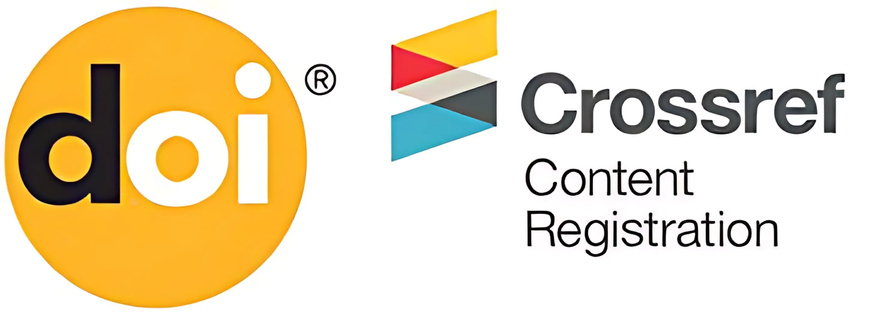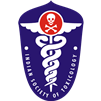Vol.12 Issue No.1 (2016): Journal of Indian Society of Toxicology
To prevent practice of dishonest Biomedical publications: Innovative steps adopted by JIST.
Subsequent to the globalisation in Medical research field, a plethora of plagiarised, fictitious research papers have flooded the Medical research information system. This has happened due to rise of rampant, spurious online/open access Medical journal publishers’ vehemently sacrificing the research
quality and publication ethics just for monetary gain. This has again given rise to another menace in the Medical research – Plagiarism. Now, not only the Toxicology but the Medical fraternity is suffering from the side effects of Research Information overload and plagiarised or perverted Medical information staking the lives of it ultimate stakeholder – the society. The ultimate
victims of spurious Medical Journal Publishers all over the world are the novice, disinterested medical professionals who want to publish just for the sake of fulfilling the employer requirements for promotion in job or to join a promising post, or just to increase their paper publication count.
The present JIST editorial has taken up some innovative steps, as mentioned below to counter plagiarised, fictitious or poor quality research paper publications:
1. Administering standardised protocol for selection of every research it receives.
2. Maintenance of transparency and research ethics by three layered review – double blinded peer review subsequent to the editorial review.
3. The JIST editorial uses advanced software programs to screen plagiarised articles; and straight away rejects articles having plagiarised contents, i.e. if there are 6 or more consecutive words are copied, in a continuous set of 30 words.
4. JIST editorial carefully examine the received articles for any type of Copy right infringement, i.e. articles using unreferenced use of others’ published and unpublished ideas, including research grant applications, submission under “new” authorship of a complete paper, or in a different language, etc.
5. Strictly avoiding ‘pay-and-publish’ system as adopted by many profit making medical journal publishers. The JIST publishes FREE of COST, only the hand-picked articles containing genuine, verifiable research contents of adequate quality. However, the IST non-members should pay only the printing cost which is usually very meagre amount.
6. The present editorial of JIST has taken an initiative to extend technical help (free of cost) for improving the manuscripts to the acceptable standard – usually for the novice researchers, or manuscripts which research content is good but the manuscript written very poorly. This step now found to be very encouraging for many novice, young authors who are feeling blissful seeing their poorly designed article (of course, the research content was good) turned out to be a good paper with
the help of JIST editorial and they are able to overcame the technical hindrance to publish their research paper.
This is the twelfth year of the JIST; since its inception; and, it has published only a quarter of hand-picked research papers (of Toxicology) among thousands of received articles. The reasons behind such constricted numbers of publications are – stringent, scientific and transparent methods of manuscript selection process, setting-up a standardised publication protocol adhering to the Guidelines of Committee on Publication Ethics (COPE), World Association of Medical Editors (WAME) and International Committee of Medical Journal Editors (ICMJE). The ultimate aim is topick-up the genuine, innovative research papers for quality publication.
Looking forward, the co-operation from the intellectuals of Toxicology fraternity in preventing the practice of disconnect biomedical publications.



